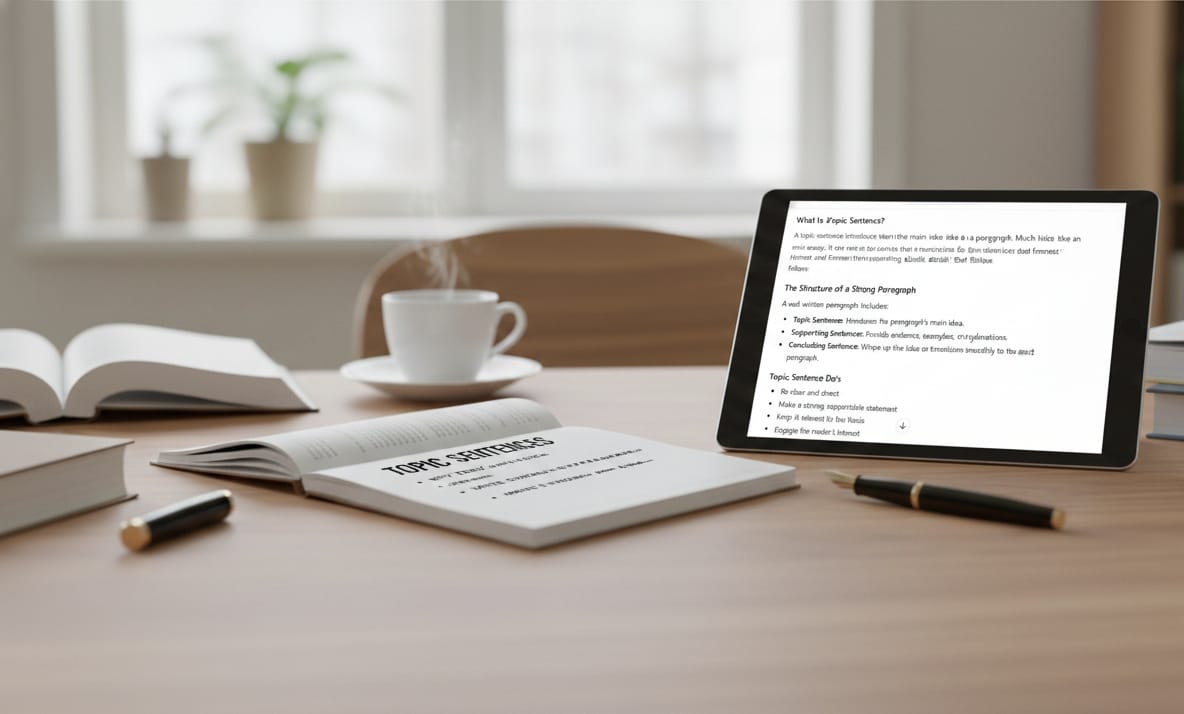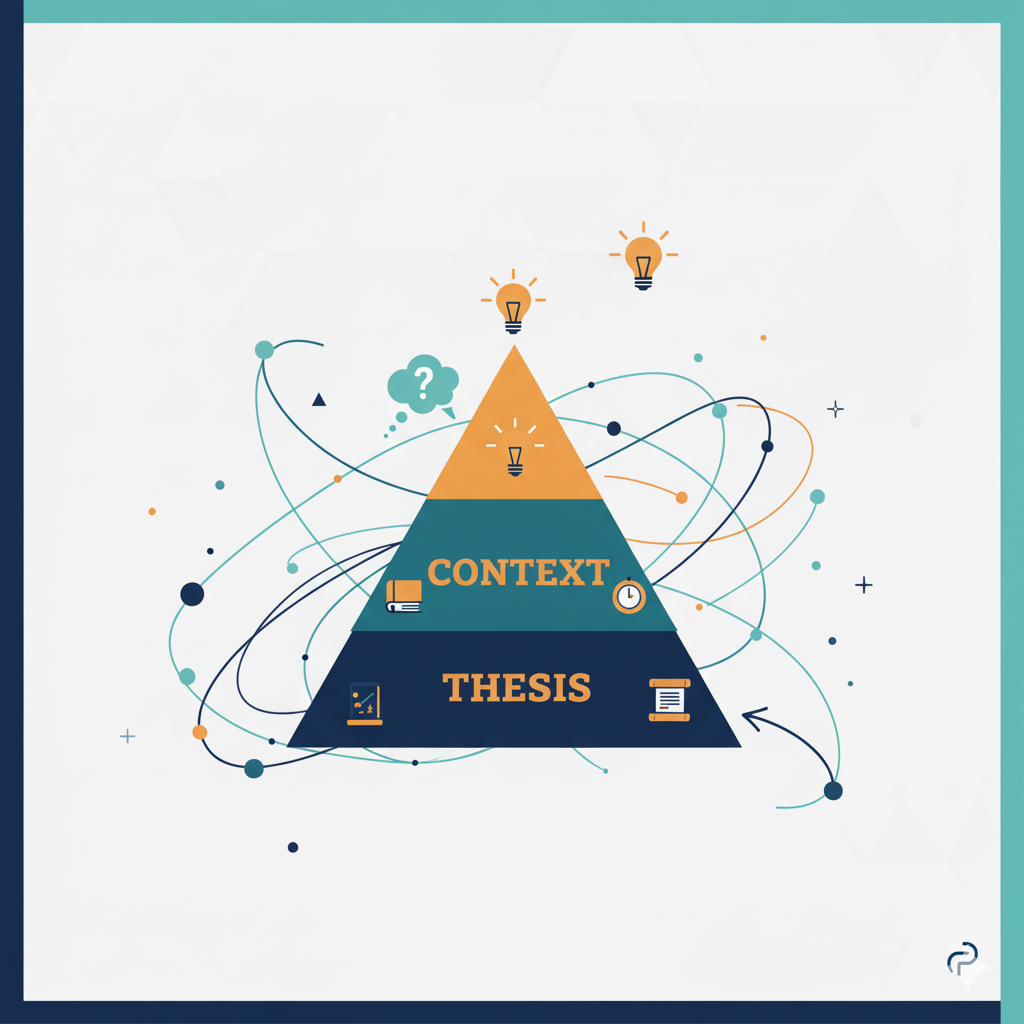
How to Conclude an Essay: Tips and Examples
How to Conclude an Essay: Tips and Examples
Concluding an essay involves reaffirming your thesis in a fresh way, summarizing your core themes so the reader knows how they support your argument, and finishing with a closing sentence the reader won’t forget. Instead of just presenting new information, concentrate on linking your ideas and indicating why the reader should care.
Writing a captivating conclusion
Reaffirm your thesis: First, restate your previously mentioned thesis statement using different terms to remind the reader of your main argument, but don’t repeat yourself word for word.
Summarize core themes: In a simple way, reaffirm your main points from the body paragraphs so you can place emphasis on how they support your thesis as a collective.
Make connections: Clarify how your main points are interconnected and contribute to your overall argument, but be brief!
Stress the significance: Tell the reader why they should care. Show how it all fits together in a larger context or what implications your findings have.
Go out with a bang: Finally, finish with a memorable closing sentence that gives the reader closure. Consider including either a stimulating enquiry or a thought-provoking call to action.
How to draft a solid conclusion
Sum it up: This is your time to wrap up your argument, so don’t introduce new evidence or opinions.
Tie up loose ends: Make sure that your conclusion comes off as complete and touches upon all the paper’s main points.
Remember your thesaurus: To avoid boring the reader with repetitive language, think of where you can mix things up with worthy synonyms and different sentence structures.
Make a mark: Remember that your final sentence is the reader’s last impression of your work, so make it count and leave them with a something they won’t forget.
Example
Below is an example on how to conclude an essay:
Original thesis: Reading for pleasure is a valuable practice because it results in vocabulary expansion, stress reduction, and empathetic growth.
Conclusion:
(Paraphrase the thesis): In summary, the simple act of reading for pleasure is cognitively and emotionally rewarding and has the benefit of personal growth.
(Revisit crucial themes): By frequently engaging with stories and information, individuals can enhance their language faculties and utilize an effective stress relief tactic.
(Stress the importance): These benefits are associated in creating a more well-versed and emotionally sound individual, thus emphasizing the cruciality of a reading habit for all ages.
With these tips and tricks, you are sure to formulate a conclusion that is memorable, reiterates your thesis, calls back to your main topics, and ties it all together in a neat bow for the reader!


